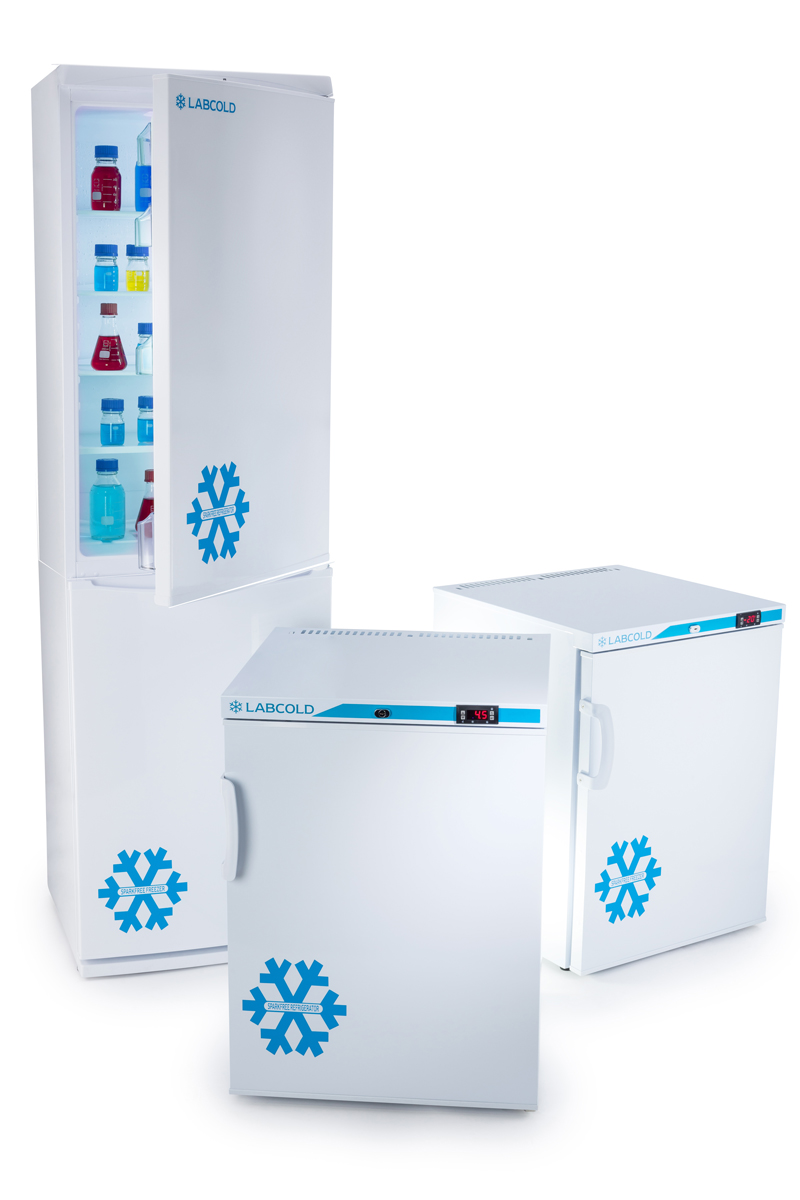Around 10:45am on July the 10th 2015, a professor in the Entomology department of Michigan State University was terrified by an explosion in a locked laboratory across the hall. The explosion was so powerful it caused the ceiling tiles to pop out covering the professor and her colleagues in dust. Worried there might be more explosions, the professor called 911 and led her co-workers to safety.
The police and fire service arrived and in the locked lab discovered that there had been an explosion powerful enough to blow the door off the refrigerator and break two windows more than 6 metres away. The cause was the placing of isopentane in an ordinary household refrigerator.
So, why did this happen? Inside your fridge at home, you probably have a light, maybe a fan and definitely a thermostat. All will produce a spark when they turn on. A spark that, should there be a flammable substance emitting flammable vapour, no matter how small, could ignite the substance and, because it’s in a sealed chamber, cause an explosion.
This is why, if you’re even thinking about storing a flammable substance, it is wise to invest in a Sparkfree refrigerator or freezer for your laboratory. Sparkfree fridges and freezers have all sources of ignition removed from the internal chamber and, while they are not designed for the storage of open containers of volatile substances, they can safely store chemicals that exude potentially explosive vapours.
Purpose-built professional Sparkfree units have other advantages too. They tend to be constructed for heavier use than a household fridge plus come complete with a door lock and digital temperature display with minimum and maximum temperature recording. Labcold Sparkfree fridges and freezers also feature high and low temperature and door open alarms.
The new Labcold Sparkfree laboratory range is available in a compact benchtop 49 litre fridge or freezer through to a 400 litre model and is backed by a comprehensive two year parts and labour warranty for extra peace of mind. With 25% of chemical accidents caused, according to the US Chemical Safety and Laboratory Investigation Board, by improper storage, isn’t it time to get Sparkfree safety savvy?


